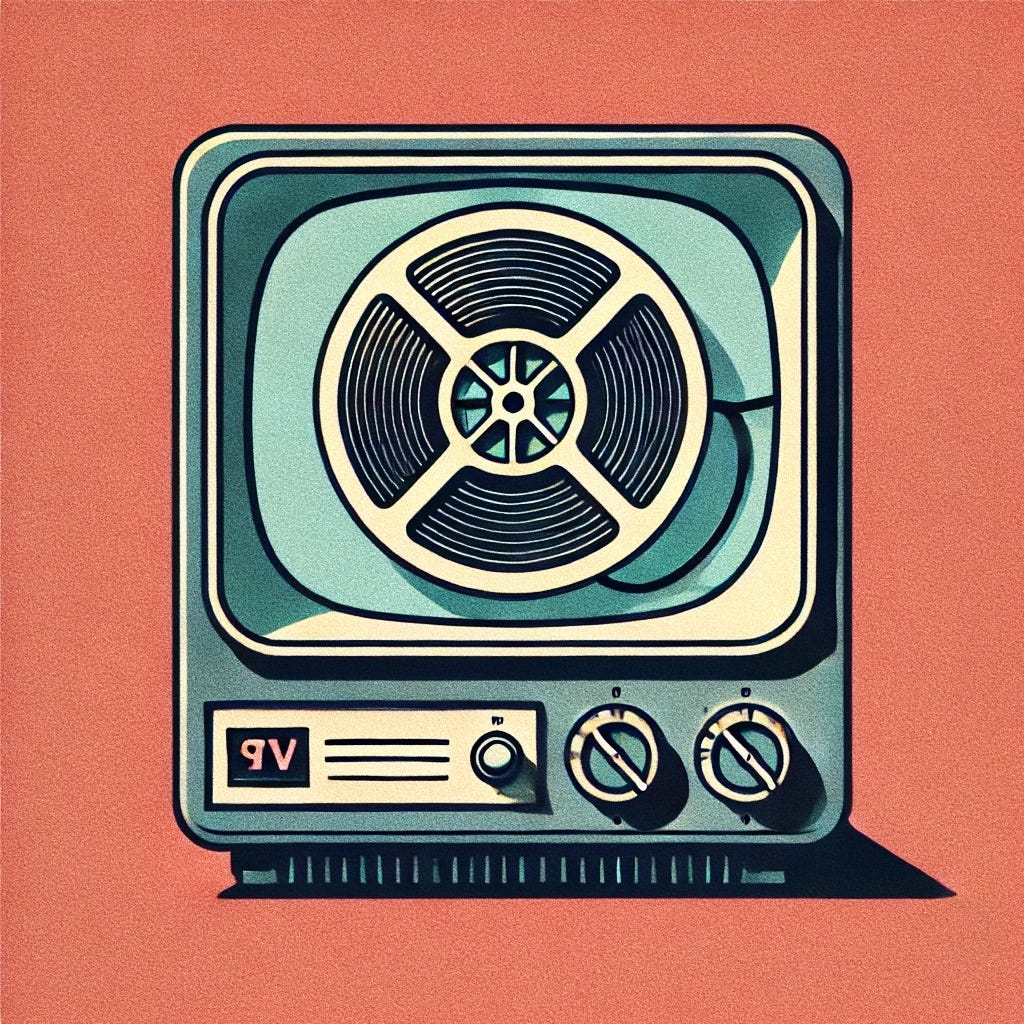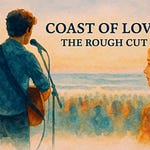Hey everyone, welcome back to The Year I Became.
I’ve got a quick correction to make.
Over the weekend, as I was putting the finishing touches on my poetry collection promotion and gearing up to dive back into our usual programming—film reviews, building film programs, and continuing the 64 Arts & Sciences series—I had to stop and ask myself:
Am I really critiquing films, or am I analyzing them?
I can’t remember exactly what someone said at work that sparked this thought, but it stuck with me. It got me wondering—what’s the real difference between a film critic and a film analyst? And more importantly, where does the FILMS Framework land in all of this?
So, after some research and reflection, I realized that while there’s definitely overlap between a critic and an analyst—they both watch films, break them down, and evaluate them—there are some key distinctions.
A film analyst takes an objective approach. They study the structure of a film—how it was made, why it was made the way it was, and whether its elements work together effectively. It’s a more methodical, almost scientific breakdown of a movie, piece by piece.
A film critic, on the other hand, is more subjective. They evaluate a film from a viewer’s perspective—Will you enjoy it? Is it worth watching? Critics tend to focus on whether a movie is engaging, entertaining, or emotionally compelling, often with a general audience in mind. And in many cases, their reviews are shorter and geared toward quick ratings rather than deep dives.
Now, looking at the FILMS Framework, it’s clear that we lean more toward analysis.
We break a film down into five key parts:
Foundations – The story, genre, and overall concept.
Imagery – The cinematography, visuals, and aesthetic choices.
Layered Storytelling – The subplots, themes, and depth of the narrative.
Motion – The pacing, editing, and how it all flows together.
Subtext – The deeper meanings, symbolism, and cultural impact.
Yes, we include a rating, but that rating isn’t just about whether a movie is good or bad. It’s an assessment of how well it achieves what it sets out to do. And if we wanted to, we could go even deeper—breaking each of these categories down further, comparing films within genres, and exploring why certain choices were made.
That’s when it hit me.
I’m not a self-taught film critic. Because taste is subjective. I don’t want to be a tastemaker.
My entire career—this newsletter, this project, my life’s work—has been about storytelling. Telling great stories across different mediums. Because at the end of the day:
a well-constructed story is what stands the test of time.
Great films don’t just entertain—they endure. They’re studied, adapted, and retold for generations. And that’s what I’m here for—not to tell you what to like, but to help you understand why great films work; and the not so great, don’t.
So, this is the year that I, and anyone following along, will become a film analyst.
Through the FILMS Framework, we’re going to learn how to break down, understand, and appreciate movies on a deeper level—whether they’re feature-length or short films, whether they’re from Hollywood or international cinema, whether they’re classic or contemporary.
Because film analysis is the foundation—for critique, for film studies, for essays, for understanding subgenres, experimental films, avant-garde movements, New Wave, and beyond. You can’t fully appreciate these things unless you first know what you’re looking at.
So, here’s the correction:
This isn’t just The Year I Become, a Film Critic.
This is The Year I Became, a Film Analyst.
And together, we’re going to learn the language of cinema—so we can preserve it, elevate it, and maybe even inspire the next generation of filmmakers, critics, and thinkers.
That’s all for now. I’ll be back soon with the next FILMS For Your Consideration.
Until next time, see you soon!


















Share this post